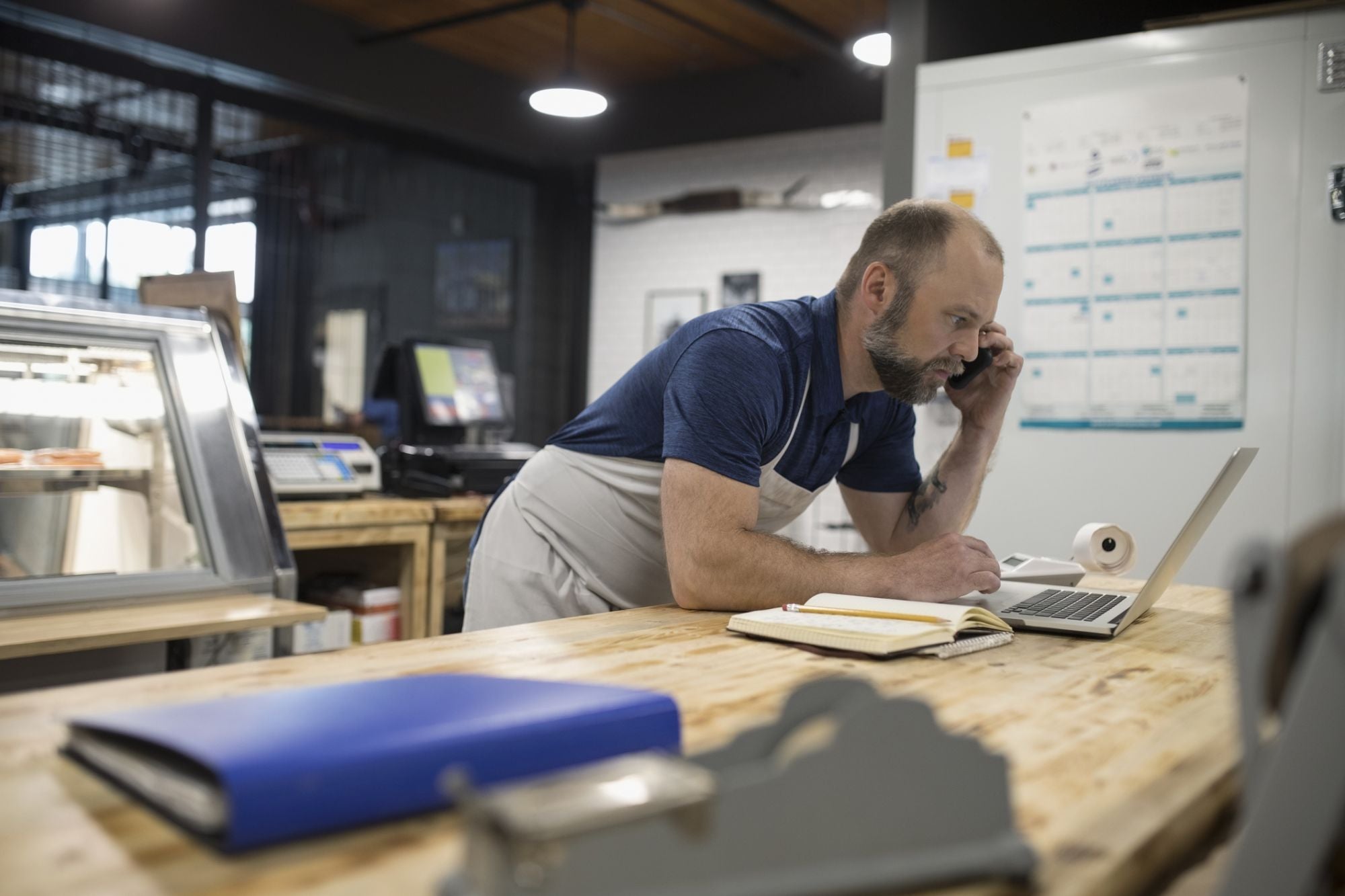Entrepreneur Middle East Publishes Report Looking Into The GCC's US$3 Billion Cloud Kitchen Industry According to the report, the cloud kitchen industry is currently booming, especially as more customers are opting for ordering in, instead of dining out, in a world still mired in pandemic realities.
By Entrepreneur Middle East Staff Edited by Aby Thomas
You're reading Entrepreneur Middle East, an international franchise of Entrepreneur Media.

Powered by Foodics, Primed for Growth: Cloud Kitchens In The GCC is a new report published by Entrepreneur Middle East that takes a deep-dive look into the region's role in a global industry that's expected to be worth US$71.4 billion by 2027.
While much has been written about delivery aggregators like Talabat, Zomato, or Deliveroo, as well as about the F&B industry with regards to dine-in experiences, this special report specifically focuses on cloud kitchens, also commonly referred to as dark kitchens and satellite kitchens, which can be defined as commercial kitchens that prepare food especially for delivery.
When you browse for tonight's dinner on aggregators like Deliveroo, Talabat, Zomato, or one of the many other food delivery apps available today across the GCC, there is a high probability that your meal is not being prepared in a restaurant, but in a cloud kitchen that you would not be able to visit and get a dine-in experience.
According to the report, the cloud kitchen industry is currently booming, especially as more customers are opting for ordering in, instead of dining out, in a world still mired in pandemic realities. The sector has seen a few business models becoming prominent in the GCC today, which includes the "Kitchen-as-a-Service" model (which is what Kitopi makes uses of), as well as "Rent-a-Kitchen" (implemented by the likes of Deliveroo Editions and Kitchen Nation).
However, the "Virtual Restaurant" model and the "Full Stacked Cloud Kitchen" model are likely the most recognizable in this domain, as they control most of the aspects along the value chain, from menu research and design, food procurement, food preparation in their own kitchens by their own chefs, and in some cases, launching their own food delivery apps. Players to watch in the "Virtual Restaurant" model include companies like KITCH-IN, Krush Brands, Sweetheart Kitchen, and KLC Virtual Restaurants.
Perhaps one of the most interesting findings in the report was that while the most attractive market for cloud kitchens remains Saudi Arabia, the majority of the industry's dominant players in the region so far have been mostly born out of the UAE, and instead of expanding next into the Kingdom, they have opted to first attempt an entry into Kuwait. Expansions into Kuwait have had mixed results for cloud kitchen players, with challenges including worsening market conditions, high levels of competition, and labor-related issues.
Cloud kitchens rely on the population density of cities, and thus, with Riyadh and Jeddah being the two most populous cities in the GCC, the Kingdom can be expected to play an important role in determining the size of the region's market, with it also undoubtedly becoming the battleground for the best and brightest in the industry. The reality is that Saudi Arabia's cloud kitchen market is growing at such a hurried pace that the total addressable market for Saudi Arabia alone will be larger than that of all five other GCC nations put together by 2025. This is also likely the reason why every cloud kitchen entrepreneur contacted for this report had expansion into Saudi Arabia on the top of their to-do lists for 2022.
There are lots more to be excited about the future of the cloud kitchen space in the region. Several players have announced their own unique food ordering apps to be launched in 2022, including KLC Virtual Restaurants and KITCH-IN. One of the many advantages of ordering directly through the cloud kitchen delivery apps would be the ability for customers to order various meals from multiple F&B outlets and brands and have them all arrive at their door together. KITCH-IN has also announced the opening of a physical food hall in Dubai in Q1 2022, where their delivery app can also be used to order take-away or pre-order meals that can be eaten in the luxuriously designed space.
For more insights and data on the region's cloud kitchen market, along with the snapshots of some of the most exciting business models, entrepreneurial stories, and market stats, check out the report for yourself! Primed for Growth: Cloud Kitchens In The GCC, powered by Foodics, can be downloaded by clicking here.













